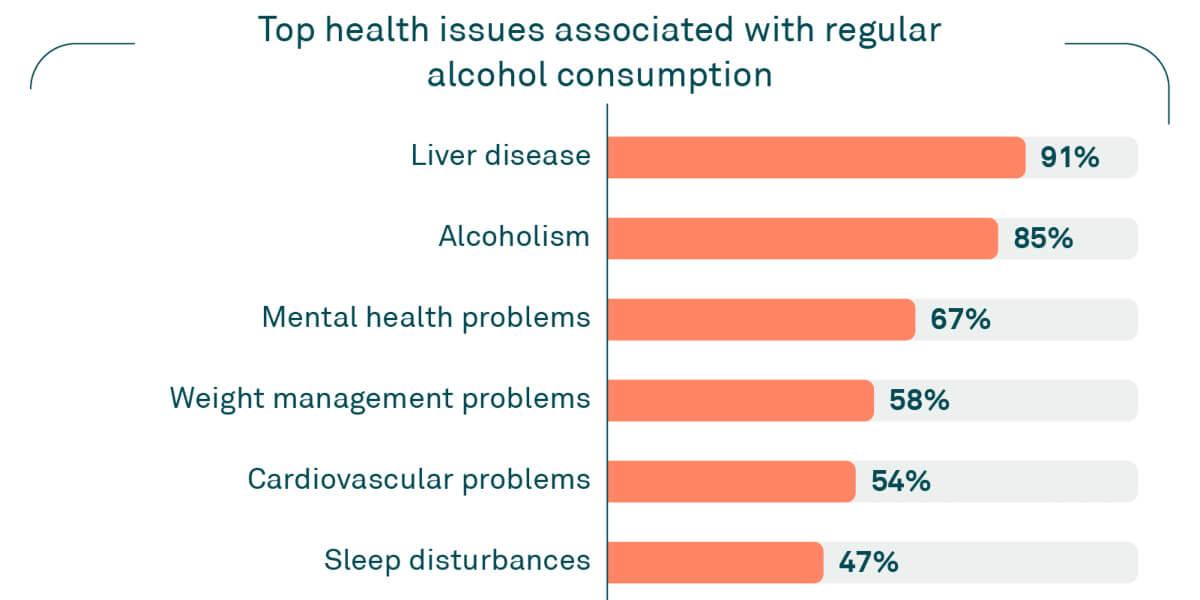This week, get your free February healthcare observances calendar, ensure you're meeting patient portal expectations, and more.
Tomorrow is Data Privacy Day, an international event occurring every year on January 28. As breaches of sensitive patient data rise, healthcare providers must bolster security to retain patient trust.
Adhering to HIPAA regulations and training staff on proper data protocols are essential first steps. However, implementing advanced safeguards like encryption, access controls, and security audits offers superior protection. Read more about best practices for ensuring data privacy here.
In this week’s issue:
- 🗓️ Free February healthcare observances calendar
- 💲 How much independent practices spend on marketing
- 👩 The link between price transparency and patient satisfaction
- 📱 Tips to ensure you meet patient portal expectations
- 📊 Coding rules for modifier 33 and modifier PT
CHART OF THE WEEK

Many people have been exploring life without alcohol (or less of it) during “Dry January” or “Damp January.” To get insights into the rising popularity of these trends, we analyzed regional search data and surveyed health professionals about their perspectives.
We found that 9 in 10 healthcare professionals recommend participating in Dry January or Damp January, and nearly 40% have seen an increase in patients participating in this trend. In addition, medical professionals say the top short-term benefits they see in patients who reduce their alcohol consumption are enhanced mental clarity and focus (69%) and improved sleep quality (65%).
Sleep disturbances are indeed one of the top health issues associated with regular alcohol consumption, along with liver disease, alcoholism, mental health problems, and more.
Discover more insights from our survey, along with ideas for patients and providers interested in participating in sober-curious trends.
Main story

Discover healthcare marketing budget benchmarks for independent practices — plus ways to boost and measure success
Learn about marketing strategies private practices say are working — and what they’re spending.
That's it for this week!
Thank you for reading The Intake. As always, if you have questions or suggestions for future topics, please don't hesitate to drop a line at [email protected].
Stay Ahead with Expert Healthcare & Billing Insights
Get the latest industry updates, financial tips, and expert strategies — delivered straight to your inbox.

Suggested for you
Stay Ahead with Expert Healthcare & Billing Insights
Get the latest industry updates, financial tips, and expert strategies — delivered straight to your inbox.










